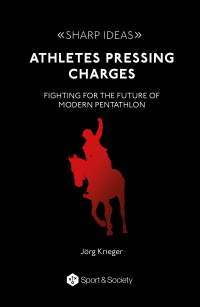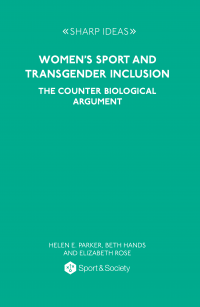Athletes Pressing Charges

Athletes Pressing Charges explores the athlete-led protest movement in the Olympic sport of modern pentathlon. The athlete activists protest against the removal of the horse-riding discipline from the sport and blame the sport’s governing body, the International Modern Pentathlon Union, for violating good governance principles and mismanagement. By taking the existing power imbalance between sport organizations and athletes as a starting point, this book argues that providing a voice to independent athletes affected by policy changes, is crucial to understand the ongoing issues in the sport.The protest movement is contextualized against the backdrop of increasingly stronger attempts by athletes from semi-professional Olympic sports to make their voices heard in decision-making processes. Therefore, this study has broader significance for the ongoing challenges by athletes and athletes-led organizations on powerful sport organizations.
Jörg Krieger is Associate Professor in Sport and Social Science at Aarhus University. He is a sport historian and the chair of Common Ground’s Sport & Society Research Network. His research interests include the history of international elite sport, sport and politics in Asia, and anti-doping.

